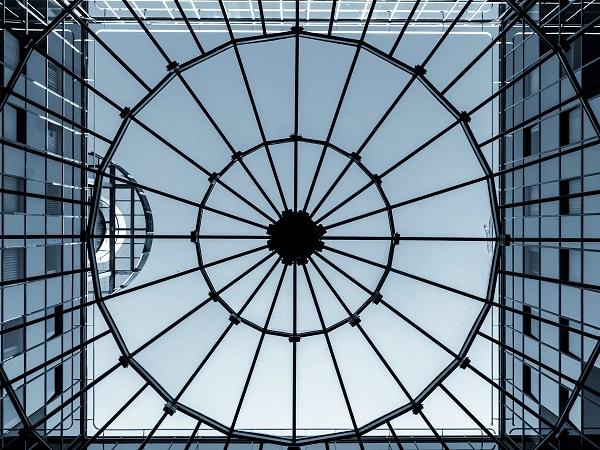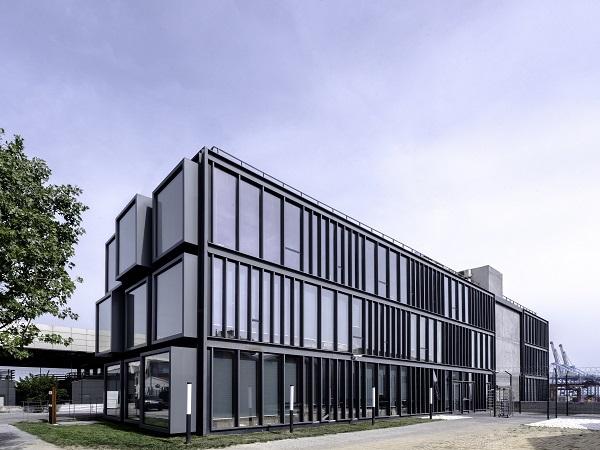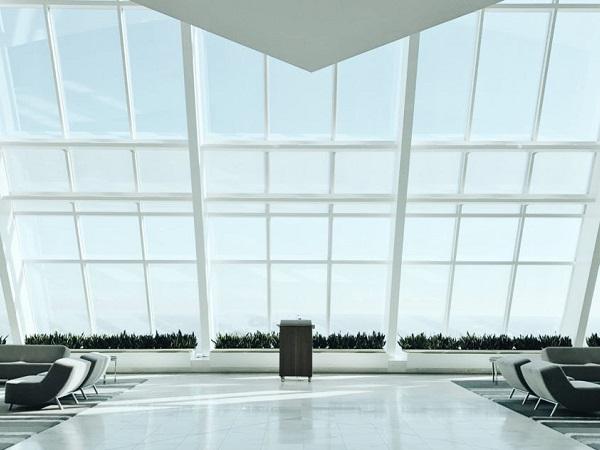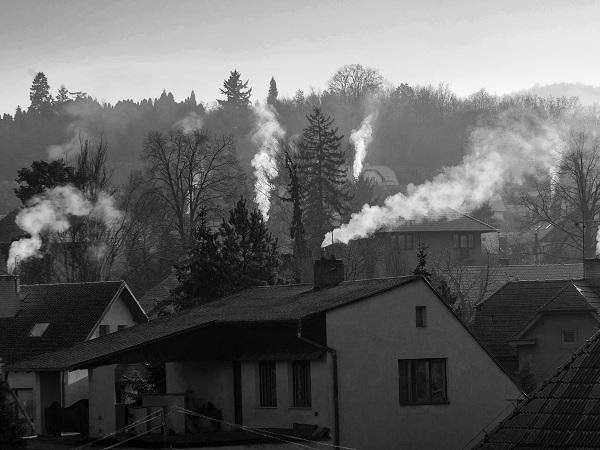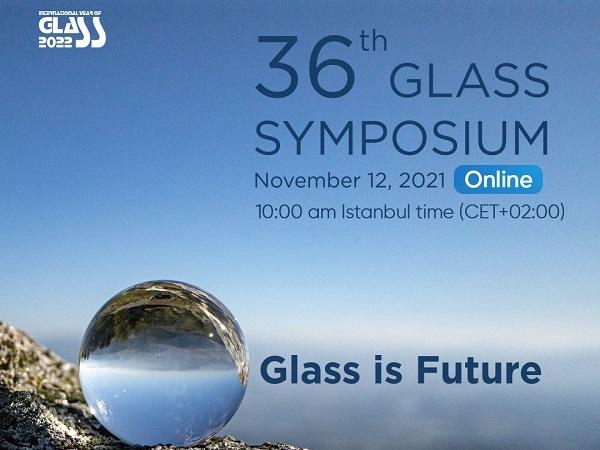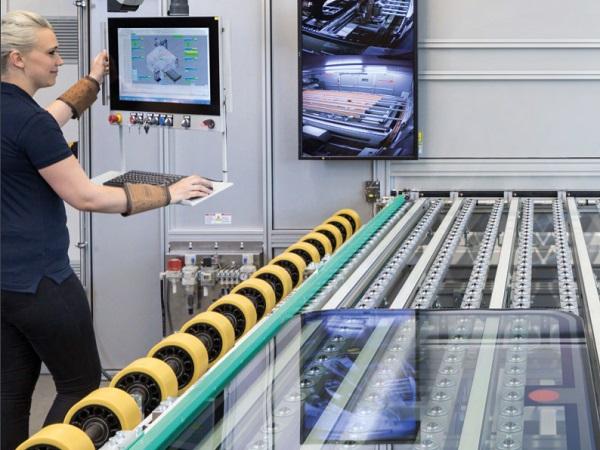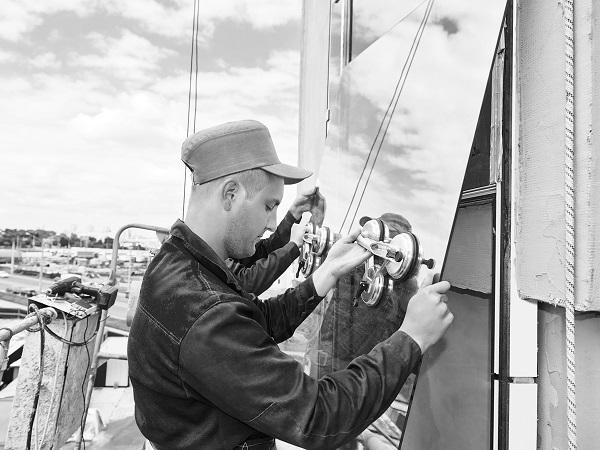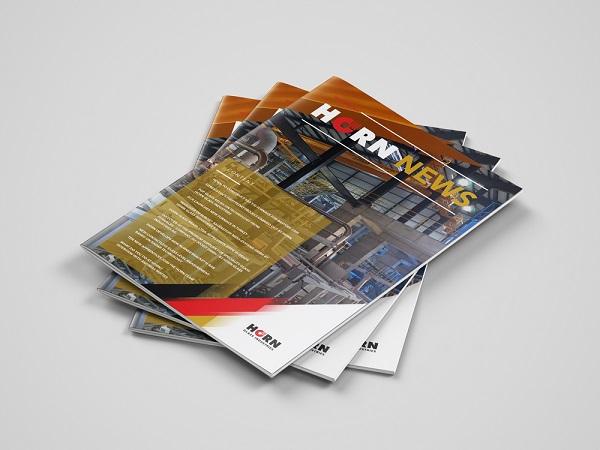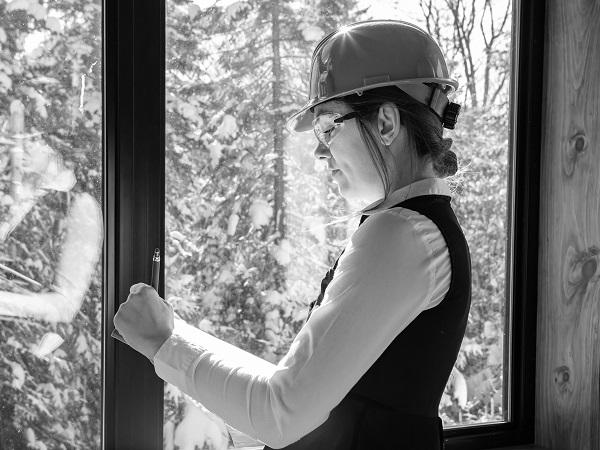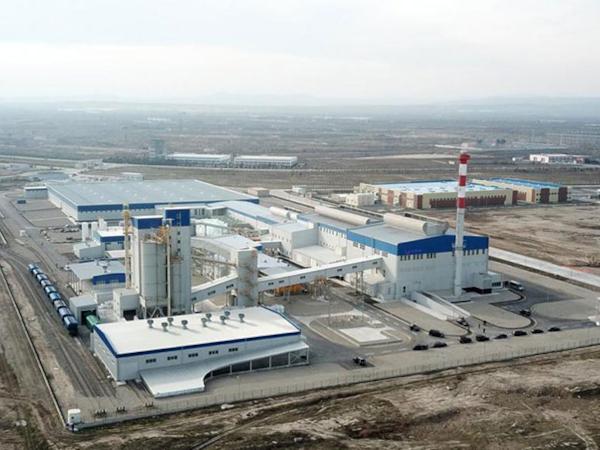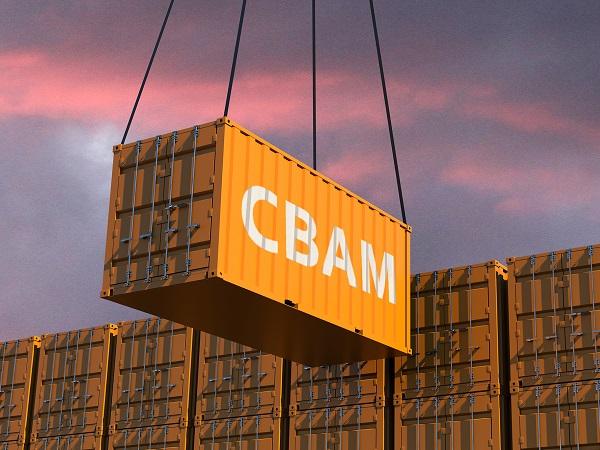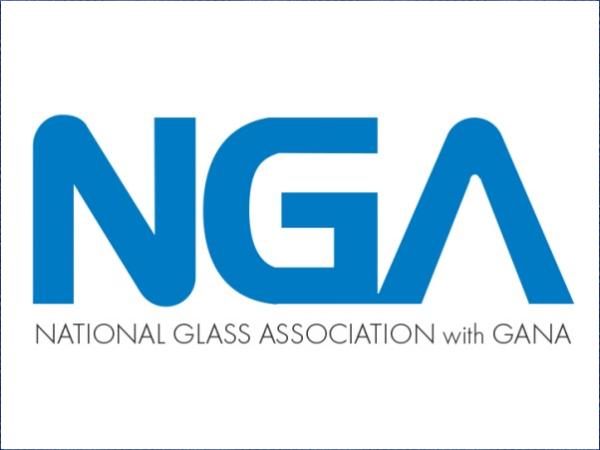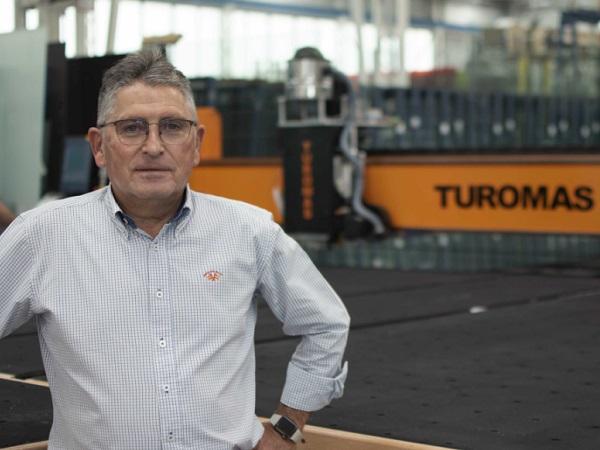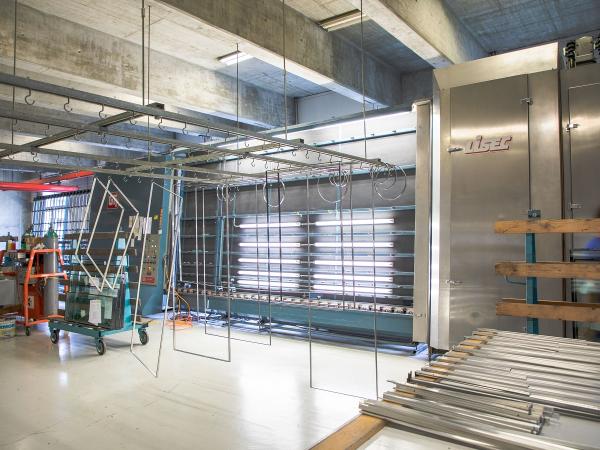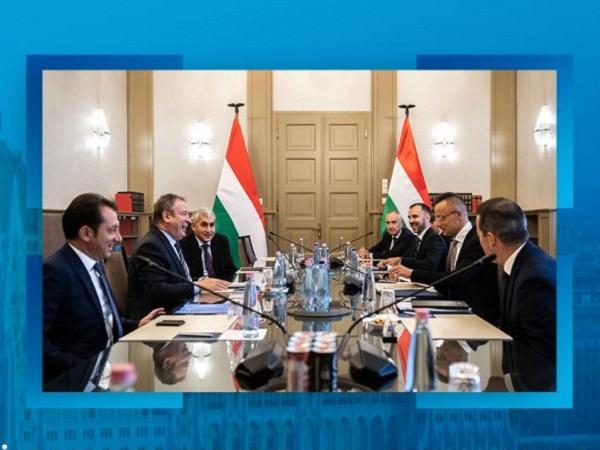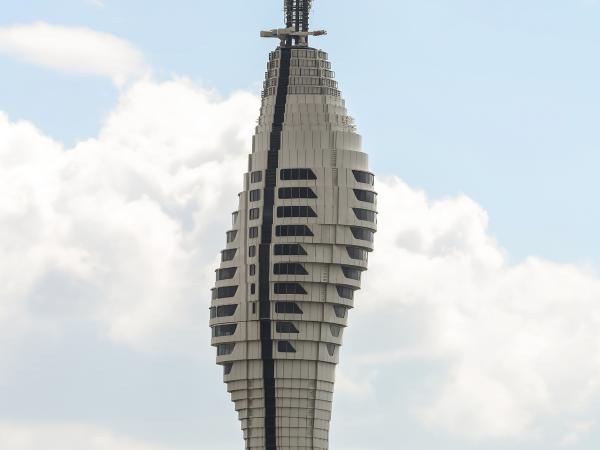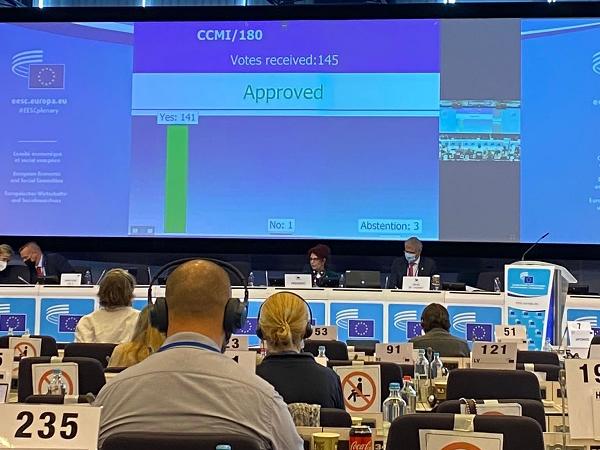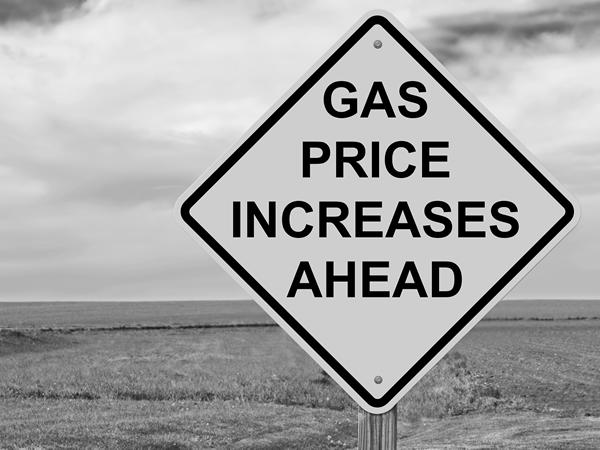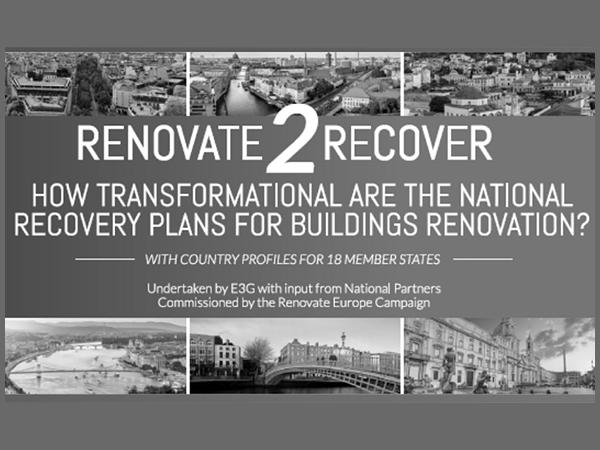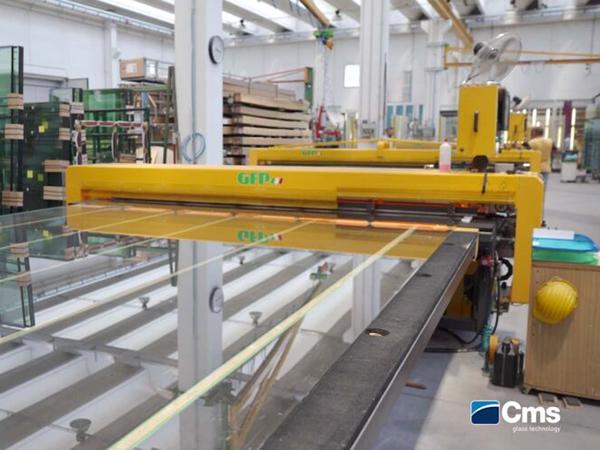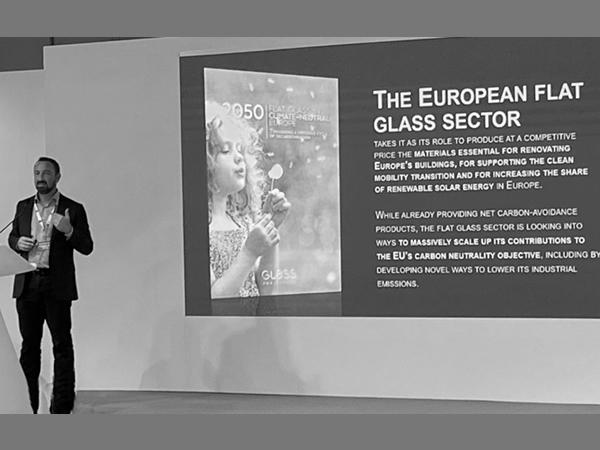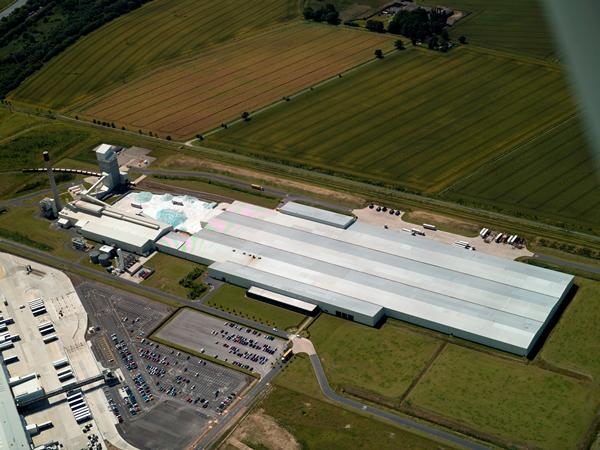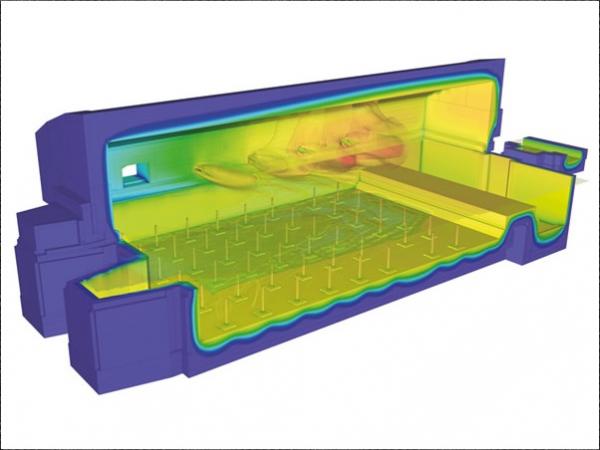Others also read
The European flat glass sector takes as its role to produce the materials essential for renovating Europe’s buildings, for supporting the clean mobility transition and for increasing the share of renewable solar energy in Europe.
Şişecam Temperable Solar Control Low-E Glass Neutral 62/44 product was used in the project.
To decarbonise the EU building stock and boost its sustainability, the European Commission is on right tracks, but it needs to accelerate.
Glass for Europe has released its position paper on the extension of the EU ETS system to buildings and transport.
Şişecam, the only global player in all core areas of glass, hosted the leading names of the world glass industry at the 36th Şişecam Glass Symposium with the theme “Glass is Future”.
FLACHGLAS Wernberg is completely fit for the future with its new A+W software solution
Glass Alliance Europe answered to the stakeholder consultation on the Staff Working Document “For a resilient, innovative, sustainable and digital energy-intensive industries ecosystem: Scenarios for a transition pathway“, to which Glass for Europe…
High-tech glazing play a crucial role to make buildings more energy efficient, but flat glass technologies are also essential to the clean mobility transition and to renewable solar energy production.
On January 18, the opening of the float glass production plant – Azerfloat, located on the territory of the Sumgayit Chemical Industrial Park (SCIP) took place.
The CBAM shall be versatile, free from dangerous loopholes, and able to preserve complex EU-based value-chains.
NGA has published two new Glass Technical Papers (GTP) – Introduction to Hybrid VIG Fabrication and Flat Glass Industry Environmental Transparency Documents.
TUROMAS talked to Felipe Parra, director of ACRISTALAMIENTOS VINUESA, about his business, his objective and the development of the Spanish market.
The flat glass sector is energetically exploring novel ways to lower its industrial emissions and massively scale up its contributions to the EU’s climate neutrality objective.
With a proud 36 years in operation, the LiSEC GTI IG machine supports the production of insulating glass at the workshop in Zurich.
Growing steadily with new investments globally, Şişecam is making its first European glass packaging production facility investment in Hungary.
Adding to the dialogue on the transition towards a climate-neutral society, the European Economic and Social Committee (EESC) has called for more action to be taken to protect the European glass industry.
Designed by Melike Altınışık Architects (MAA), Istanbul TV and Radio Tower gets its extraordinary elegance from the glass.
The EESC – European Economic and Social Forum has approved the opinion “Glass in Europe at a crossroads: delivering a greener, energy-efficient industry, while enhancing competitiveness and maintaining quality jobs”.
Glass for Europe supports the EU industry’s calls for immediate action to address the steep rise of energy prices.
Based on the findings of the Renovate2Recover study, Glass for Europe calls on Member States to take additional measures to support building renovation.
A few months ago, CMS announced its takeover of the company, GFP Meccanica, an important organization in the world of cutting and glass processing.
Glass for Europe was at Vitrum Milan to talk about “Circular economy in the European building glass sector” and to meet with the colleagues of the International Community of Glass Associations.
Guardian Glass is investing in the future of commercial and residential building in the UK and Ireland.
The push towards climate neutrality is also reaching the glass industry. Besides using more sustainable fuels, the call for the incorporation of more green electric power to reduce the carbon dioxide emissions is growing louder.

